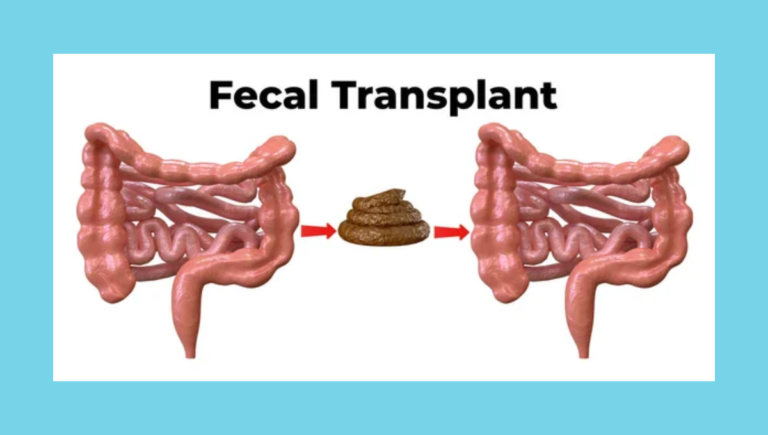Australian farmers are angry that the official diet advice of the Albanese Government will now include the impact certain foods have on climate change.
The National Health and Medical Research Council reviewed the Australian Dietary Guidelines and made changes.
Official guidelines define sustainable diets as ‘accessible and affordable diets that are equitably distributed with minimal environmental impact’.
The NHMRC stated that they included sustainability in their statement because a survey revealed that one third of respondents deemed it important.
The spokesman stated that the expert committee on dietary guidelines recommended that recommendations for food groups and dietary patterns should consider first health impacts within the Australian context. This would be followed by sustainability and other contextual considerations.
This is in line with the way sustainability has been integrated into dietary recommendations in other countries.
Red meat producers strike back
The Dietary Guidelines Expert Committee has been accused by furious red meat producers of using their advice to “drive ideological agendas” and spread “misinformation”.
The new advice is feared to discourage Australians from purchasing steaks and lamb chops, in favor of plant-based or chicken alternatives.
Dietary Guidelines Expert Committee has been accused by red meat producers of using their advice to “drive ideological agendas” and spread misinformation. (stock image).
John McKillop, chair of the Red Meat Advisory Council, said that incorporating sustainability into official guidelines would be an ‘overreach.’
He said that the expert committee for the Australian Dietary Guidelines had overstepped its policy mandate by providing recommendations on healthy food and eating patterns.
The red meat industry is a leader in sustainability. Our concerns aren’t because we think it’s a weak point, but because the role of dietary guidelines and the expertise of dietary guidelines expert panel is not relevant.
The nation’s diet guidelines should focus on promoting health, preventing chronic disease and ensuring all Australians have accurate and reliable information regarding their basic nutritional needs.
McKillop claimed that if the NHMRC expanded the official dietary recommendations to include non-nutritional foods, the public’s faith would be lost.
He said: ‘We agree that sustainability is important in government policy and for consumer purchases, but it shouldn’t be the basis of our nation’s diet recommendations.
“People should be able to feed their families healthy food without being told that they are compromising the environment, or any other sustainability concerns.”
If the RMAC’s request is ignored, it will threaten to involve the federal authorities.
Mr McKillop stated that some Australians don’t get the basic nutrition they need from red meat.
One in five Australian women are iron deficient, according to the speaker.
In December last year, the United Nations Food and Agriculture Organisation released a roadmap for sustainable food that urged wealthy countries to reduce their consumption of meat and dairy.
This was part of an overall roadmap to explore how to feed the world in the next 25 year without increasing carbon emission or clearing land.
The FOA stated that if countries produced less red meat, and instead switched to chickens, global environmental goals could be reached much faster.
Ben Fordham, 2GB’s radio host, has ripped into the rules and claimed that they’screw over farmers’.
Fordham stated that ‘the kind of rhetoric (we’ve seen) from the UN Food and Agriculture Organization could come to Australia, where they’d like things such as reduced livestock numbers.
We’re told that the new “Climate Change Diet Guidelines” could lead to consumers abandoning steak and lamb. Climate scientists say that beef and lamb produce too much carbon dioxide.
Researchers say that putting warnings similar to those on cigarettes on meat would encourage people to eat less, and help save the environment.
Experts say that putting warning labels similar to those on cigarettes on foods would reduce the amount of meat people consume.
Academics at Durham University tested similar alerts with 1,000 people, and found that they convinced up to 10% of participants to opt for fish or vegetables instead.
Results showed that the most effective messages were those warnings about how eating meat “contributes” to climate change or causes poor health.
The least credible option was to tell consumers that eating meat can trigger pandemics, even though it had a similar impact.
Researchers said that eating too much meat can increase the risk of heart disease and cancer.
Scientists claim that meat production and consumption are fueling climate changes, due to the high amount of greenhouse gases emitted by this industry.
They claimed that warning labels would’reduce risks’ and assist the UK to’reach zero’, if they were introduced on a national level.
Researchers recruited a sample of 1 001 people who were asked imagine themselves in a cafeteria.
The pictures showed 20 different hot meals such as pizzas, burgers and pasta bakes. Each of these was available with meat, fish or vegetarian options.
The meat options were either not labeled or had a statement that meat consumption contributes to “poor health”, “climate change” or pandemics.
The volunteers were asked which meal they preferred.
The respondents also commented on how believable and anxiety-provoking the labels were, whether or not they would purchase the meals again in the future, and how appetizing the food was.
This is a mock-up of how the warnings would look if they ever appeared on meat sold by shops
Participants expressed their support for the labels, if they became policy.
The journal Appetite published results that showed all labels worked to discourage people from eating meat.
Climate labels decreased meat choices by 7.4%, and pandemic labeled by 10%.
Researchers said that there was no statistically meaningful difference between groups. This means all of the groups would have the same effect.
Participants also found the labels on climate warnings to be’most credible.
The pandemic labels were perceived as ‘less credible,’ despite the fact that they evoked the most negative feelings.
The results indicate that participants were not concerned about the introduction of climate warning labels, but they opposed signs warning people against pandemics and health issues.
The voters were asked to rate the policy on a scale of one point for strongly opposing it (one) and seven points for strongly agreeing with it (seven).
Climate warnings averaged 3.88 points. Overall, the health and pandemic alerts ranked respectively 3.5 and 3.4.
Jack Hughes, PhD student and study author in behavioural sciences at the University, said that achieving net zero was a priority both for the nation as well as the planet.
“As warning labels are proven to reduce alcohol and sugary drink consumption, as well as smoking, a warning on meat products would help us achieve our goal if they were introduced as a national policy.”









+ There are no comments
Add yours